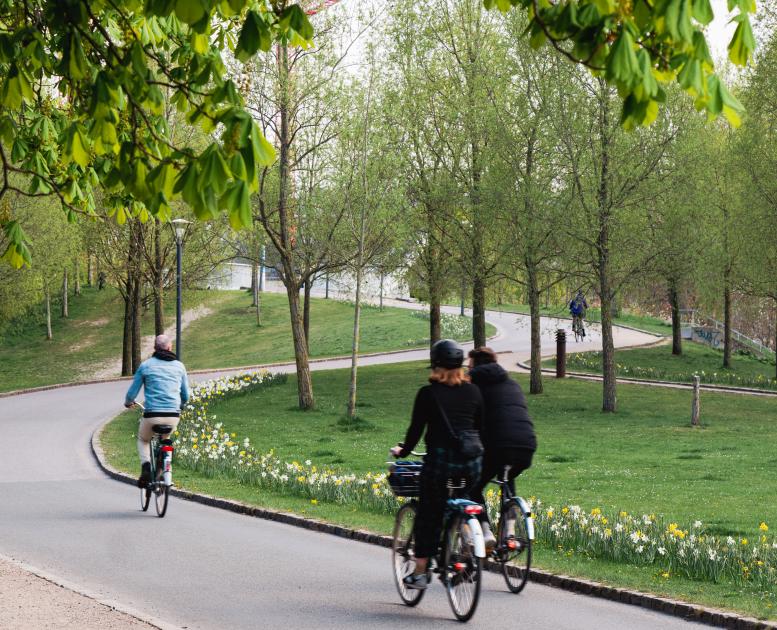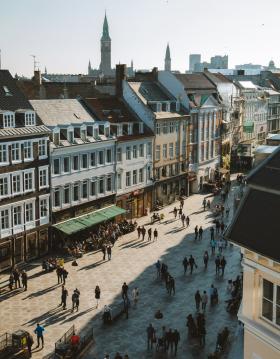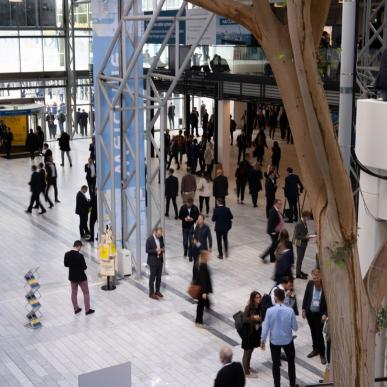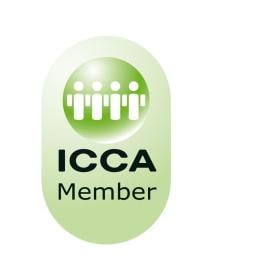

Copenhagen Convention Bureau
Let’s make it wonderful
We’re here to help make your next event a success. Whatever stage you’re at with your planning, our team is your one-point entry for events in Copenhagen. We can connect you with our network of local suppliers and help you get a head start on planning and executing your best event yet.
Local insight
Local knowledge is everything. Find out how you can benefit from our partners and our experience as locals in Copenhagen.
Networks, partnerships & alliances
Our membership of the best conference organisations and alliances gives us access to ideas, connections and development that keep us at the leading edge of global events. Just a few of our networks, partnerships and alliances are detailed below.
Follow us on LinkedIn
For up-to-the-minute news, insider tips, ideas and examples to help event planners, follow us on LinkedIn.
Contact us
We’re here to help, whatever stage of planning you’re at, and it doesn’t cost an øre (that’s Danish for penny). Email us at cvb@woco.dk or look for the right person on our contacts page.

Photo:Woco
Contact us
Find an employee
Email
cvb@woco.dk

Photo:Woco

Photo:Woco
Request for proposal
Just fill in our form and we’ll get back to you with suitable suppliers for your event.
Request for proposal










